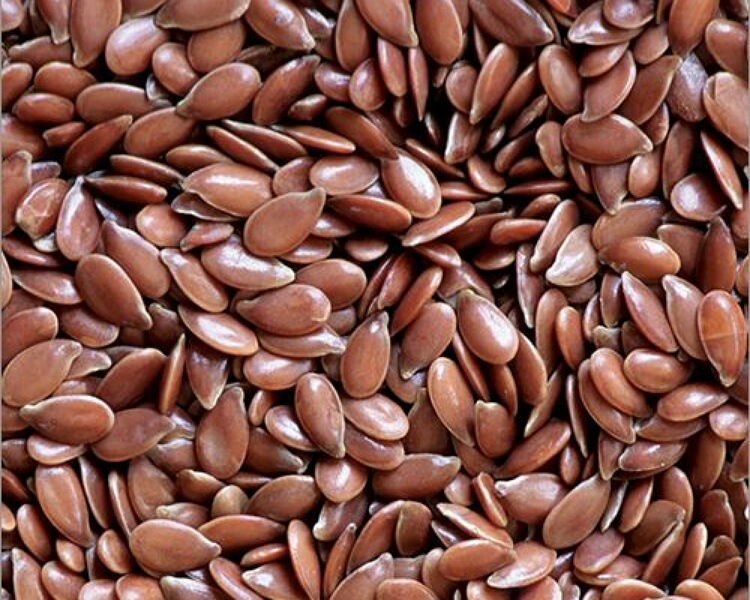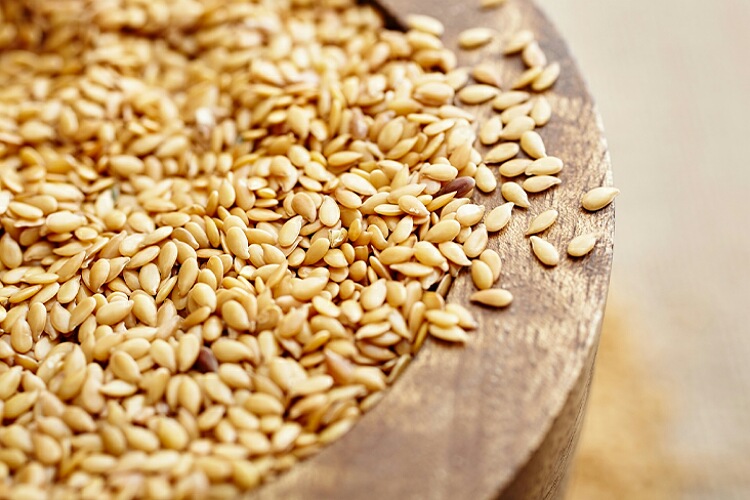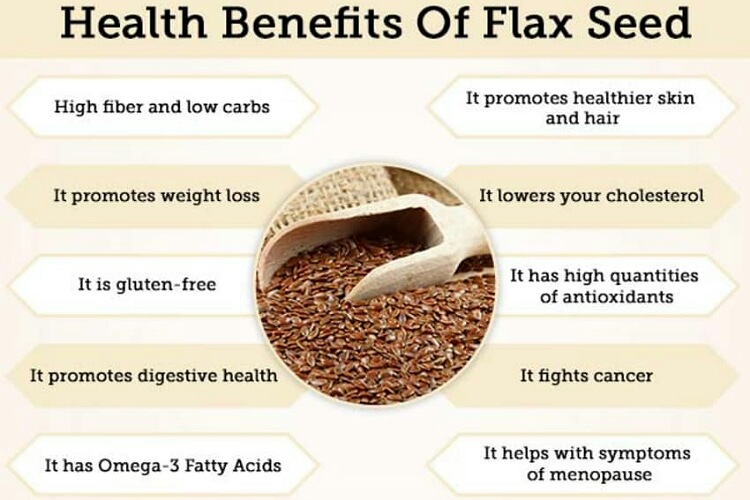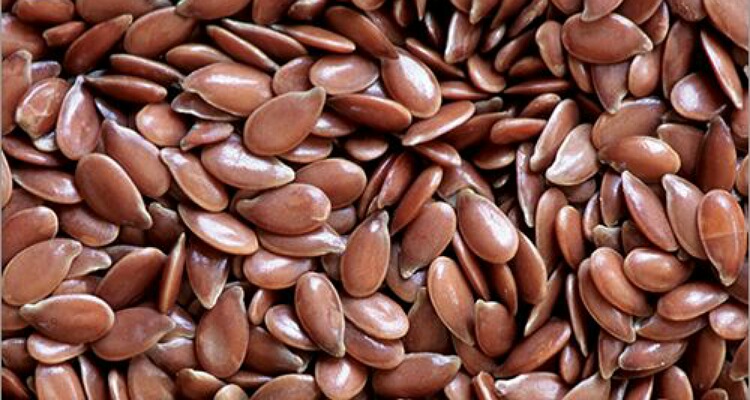Flax seeds are nutritious and have a lot of healthy fats, protein, fiber, and antioxidants in them.
They are plant-sourced food and can form the basis of several food dishes. They enrich the foods. What is its nutritional value? What are the benefits that it has on the health of humans?
Flax seeds: description and uses
Flax seeds are versatile ingredients that have a crispy and crunchy consistency. Their flavor is nutty and mild. They can be part of a lot of recipes and enrich them. This seed has been in use since ancient times in China and Egypt.
These seeds are from the food and fiber crop called common flax or linseed. This plant belongs to the family Linaceae and is a flowering plant with the scientific name Linum usitatissimum. It grows in temperate areas of the world.

The flax plant is an ornamental plant and has uses in the textile industry. Linen is made from it and used to make bedsheets, table linen, and underclothes.
Linseed oil comes from the seeds. It has great nutritional benefits and is used as a supplement and also in wood-finishing products. The seeds can be ground into a meal.
They are a healthy addition to smoothies. One can also add them to any pancake batter or bread dough. They can be a healthy ingredient in vegetable burgers, salads, yogurt, and oats too.
Nutritional facts
According to USDA, 100 grams of these seeds provide 534 calories. It has 42 grams of fats out of which 3.7 grams are saturated. There is zero cholesterol and no trans fat in it.
The sodium content is low at 30 mg. Potassium is 813 mg. Carbs are 29 grams with 1.6 grams of sugar. Protein in 100 grams is 18 grams and dietary fiber is 27 grams. It also has vitamin C, B6, thiamine, folate, copper, phosphorus, manganese, selenium, zinc, calcium, iron, and magnesium.

Additionally, they are rich in polyunsaturated healthy fat and omega-3 fatty acids especially alpha-linolenic acid or ALA.
Health benefits
Flax seeds are a rich source of proteins, healthy fats, fiber, antioxidants, and several vital minerals and vitamins. Therefore, they provide the body with a lot of health benefits.
The omega 3 fatty acids can protect the heart. They minimize the levels of cholesterol and reduce inflammation and chronic illnesses. The risk of stroke comes down and ischemic heart diseases decrease in those who consume it daily.

These seeds have 75 to 800 times more lignans compared to other plant foods. These lignans can fight cancer cells and can protect against several cancer.
Some studies have shown that it lowers the risk of breast cancer in postmenopausal women. In vitro and animal studies have also revealed its protective action against skin, blood, colorectal, and lung cancer.
Its high fiber content does a lot of benefits for the body. It has both insoluble and soluble fiber. The insoluble adds bulk to the stool and softens it.
It, therefore, prevents constipation. While the insoluble fiber can absorb water and slow the digestive process. This assists in lowering blood sugar and cholesterol. Also, fiber can keep the gut healthy and prevent inflammation.
Also, read 6 healthy seeds that you should incorporate into your daily diet!
Its high potassium content keeps the blood pressure under control by relaxing the blood vessels. It also helps in weight management by reducing hunger and appetite and improving satiety.
